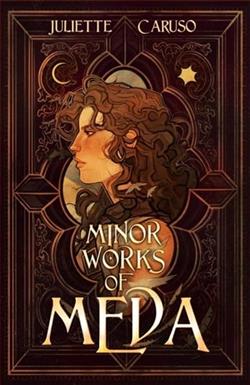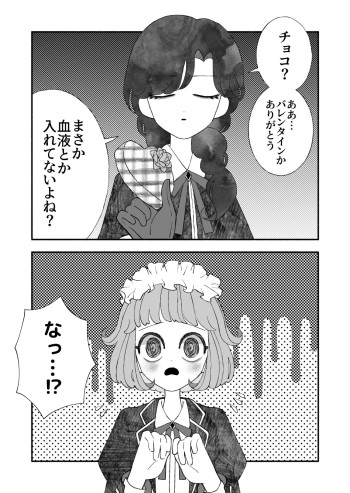Martial Peak Reviews
Minor Works of Meda by Juliette Caruso is a poignant exploration of love, loss, and the resilience of the human spirit, set against a backdrop that blends mundane reality with touches of the inexplicable. It offers short stories that resonate with profound emotional depth, each woven into the next with a delicate yet deliberate touch. Caruso’s prose is lyrical, her narrative voice versatile, and the emotional landscape of her characters richly drawn.
The book comprises a series of interconnected stories that revolve around Meda, a central character whose journey from youth into adulthood is marked by a series of encounters with ordinary people who are, upon closer examination, anything but ordinary. Each character introduced by Caruso is meticulously crafted, with idiosyncrasies and flaws that make them distinctly human. Meda herself is an enigma—she is at once vulnerable and resilient, observant yet distant—making her a fascinating lens through which the world is viewed.
One of the standout aspects of Minor Works of Meda is Caruso's remarkable ability to capture the essence of ephemeral moments. Whether it’s a fleeting interaction between characters or a brief glimpse of joy or sorrow, she encapsulates these in such a manner that they linger in the reader's mind, evoking a tapestry of emotions. Consider the story "Lighthouse Keeper," where Meda meets an old man who has spent his life tending to a lighthouse. The narrative delves deeply into themes of isolation and connection, weaving a subtle metaphor for human longing and the search for meaning in the seemingly mundane. Caruso’s use of the lighthouse as a symbol—both a beacon and a solitary pillar—reverberates through her depiction of Meda’s internal landscape, illustrating her profound loneliness and her unrelenting search for something perennially just out of reach.
Caruso’s language is another element that deserves high praise. It's not just the beauty of her prose that affects the reader, but its capability to convey complex emotions in simple scenes. In "The Art of Collecting Sunsets," Meda’s interaction with a young painter who aims to capture the perfect sunset on his canvas, operates on multiple levels. Here, Caruso discusses the impossibility of capturing true beauty or moments, reflecting on the transient nature of life and the way we attempt to hold onto moments that, by their very nature, are fleeting. The dialogue is sparse, poignant, and loaded with meaning, each word carefully chosen to enhance the emotional impact.
However, Minor Works of Meda is not without its complexities that might challenge some readers. The non-linear storytelling, the frequent shifting of perspectives, and the deeply internalized emotions of characters require careful reading and contemplation. This could potentially alienate readers who prefer more direct narratives. But for those willing to delve into the layers, the rewards are rich with insight and emotion.
In terms of themes, Caruso bravely tackles the grand and the granular with equal finesse. From existential angst and the concept of legacy to the simplicity of a shared meal, each narrative thread is embroidered with philosophical questions that linger long after the stories conclude. Moreover, her portrayal of Meda’s relationships—be they fleeting encounters or deep-seated connections—reveals a keen understanding of human psychology.
Notably, the book’s structure might be viewed as a 'collection', but it is more aptly described as a cohesive unit, with recurring motifs and themes that echo across the individual stories. This interconnectivity not only enhances the depth of each narrative but also enriches Meda’s character development, allowing readers to piece together her worldview and emotional evolution as if solving a puzzle.
The ethereal quality of Caruso’s writing paired with the earthy, tangible world she crafts, creates a mesmerizing dichotomy that defines Minor Works of Meda. The mundane becomes magical, and the magical, surprisingly reachable—if only through the soul-stirring power of Caruso’s prose.
To conclude, Juliette Caruso’s Minor Works of Meda is a book that demands attention. It’s a reflection on life’s inconsequential moments that paradoxically define our existence. For lovers of reflective, character-driven narratives and beautifully crafted prose, this book is a treasure trove. It is an artistic endeavor that beautifully explores the capabilities and limits of short story form in delving into the human condition, making it a rewarding read for those who seek depth and meaning in their literary journeys.
























Reviews 0
Post a Reviews: